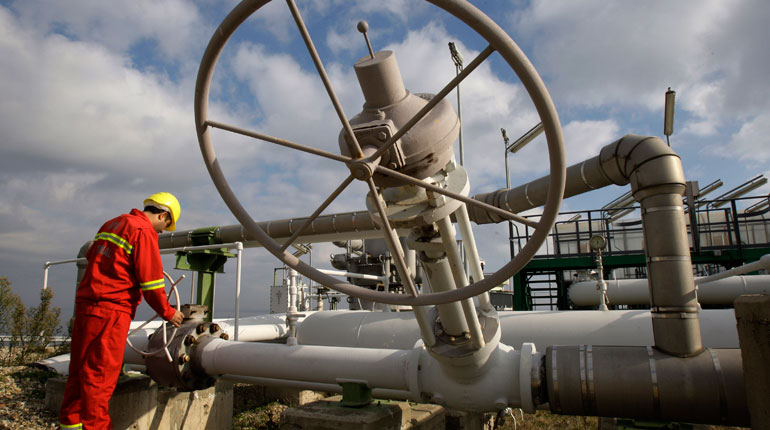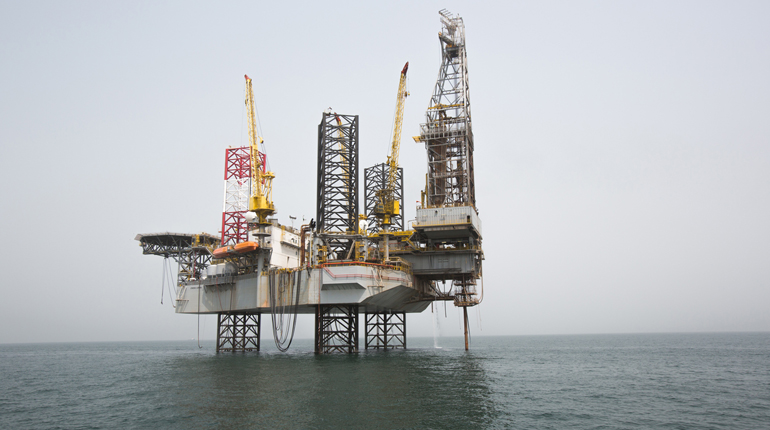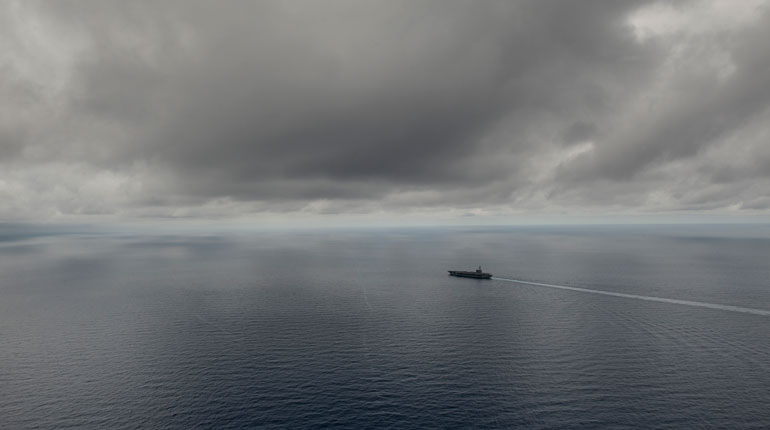 Turkish state importer Botas is looking for new sources for its gas. (PA)
Turkish state importer Botas is looking for new sources for its gas. (PA)
As Turkish gas demand continues to grow at a rate of up to 10% per year, the import-dependent country is casting its net far and wide in the search for new long-term supplies while trying to reduce its dependence on its chief provider, Russia.
Some of Turkey’s plans, such as buying future gas production from Israel via a new subsea pipeline and locking in supplies from Iraqi Kurdistan, face political obstacles that may prove insurmountable. But so far the country has avoided any potential supply shortfalls by tapping into as many alternatives as possible – ranging from piped gas from Iran and Azerbaijan to spot LNG from Qatar, Nigeria and Algeria.
Continued oversupply in the market gives Turkey an advantage by allowing it to play suppliers off against each other to obtain the best prices.
"Turkey’s new gas strategy is to reduce reliance on Russia as much as possible – ideally down to 30%, the same level as that of the EU," said Mehmet Ogutcu, a former Turkish diplomat and head of London-based consultancy Global Natural Resources.
Russia remains Turkey’s dominant supplier, accounting for roughly 60% of overall imports, despite the tensions caused by the downing of a Russian fighter jet by Turkish forces last November. Gazprom supplied around 27 billion cubic metres of gas – a slight drop from 2014. The majority of the gas was pumped via the Blue Stream pipeline under a 25-year contract with Turkish state importer Botas that is due to expire in 2022. Most of the rest was delivered overland via Romania and Bulgaria and sold to a group of licensed Turkish importers under long-term contracts signed in 2013.
Turkey could, in theory, increase its dependence on Russian gas by signing up to the planned Turkish Stream project, which would see 63 bcm of gas pumped under the Black Sea – of which around 14 bcm would be set aside for Turkey with the rest transiting to southeast and central Europe. Turkish officials remain upbeat about the project despite the high costs involved and Western sanctions against Gazprom.
Another of Turkey’s key suppliers is Iran, which has been selling up to 10 bcm/y under a 25-year contract with Botas signed in 1997. Actual deliveries via the 2,577 km pipeline running across Turkey’s unstable southeast to Ankara have been closer to 8 bcm/y, and there have been regular disagreements between Botas and the National Iranian Gas Co. over pricing. But Turkey is eager to keep Iran as a long-term supplier, and there is a strong likelihood the contract will be renewed when it expires in 2021.
Turkey has further guaranteed supplies from Azerbaijan, its main ally in the former Soviet Union. Since 2007, Botas has been buying up to 6.6 bcm/y of gas from the offshore Shah Deniz field under a long-term contract. Volumes are set to double from 2020 under an additional take-or-pay deal that will see Shah Deniz gas pumped across Turkey via the Trans-Anatolian Gas Pipeline, in which Botas owns a 30% interest. Looking further ahead, Turkey may sign up for additional gas from Azerbaijan or even Turkmenistan.
LNG option
If there is a problem with any of its pipeline supplies, Turkey can always ramp up its spot LNG imports. These are delivered into the Aliaga and Marmara terminals on the Mediterranean coast and are also handled by Botas. "The LNG option gives the Turks a lot more flexibility, and with prices so low they can lock in additional cargoes without any difficulty," according to a western oil executive who has supplied LNG to Turkey in the past.
With its import needs covered at least for the next five years, Turkey is under no immediate pressure to sign up to any term contracts.
The Israeli option – pumping gas from the offshore Leviathan field via a 540 km pipeline – has become more realistic since Turkey and Israel settled their differences last month. But the pipeline would have to cross Cypriot waters, something the government of Cyprus has said it will not allow.
The Turkish companies that formed a consortium last year to negotiate with the Israelis on the project are talking up its prospects. Batu Aksoy, the head of Turcas Petrol, has said Turkey could buy 8 bcm/y of Leviathan gas for 20-30 years, with flows arriving as early as 2021.
Importing gas from the Kurdistan Regional Government is a more viable alternative, especially as Turkey has become the chief export route for Kurdish oil. The plan is for Kurdistan to export up to 10 bcm/y of gas to Turkey via a new cross-border pipeline, mostly from a group of fields operated by Anglo-Turkish independent Genel Energy. But, as with the Israeli option, there is work to be done before the plan becomes reality.
In March, Genel Chairman Tony Hayward said Ankara is looking at the project "very strategically" and that, if it becomes reality, it would bind Turkey and Kurdistan together "in perpetuity". Whatever happens, deliveries will not begin before the end of the decade.








Talk to us
Natural Gas Daily welcomes your comments. Email us at [email protected].